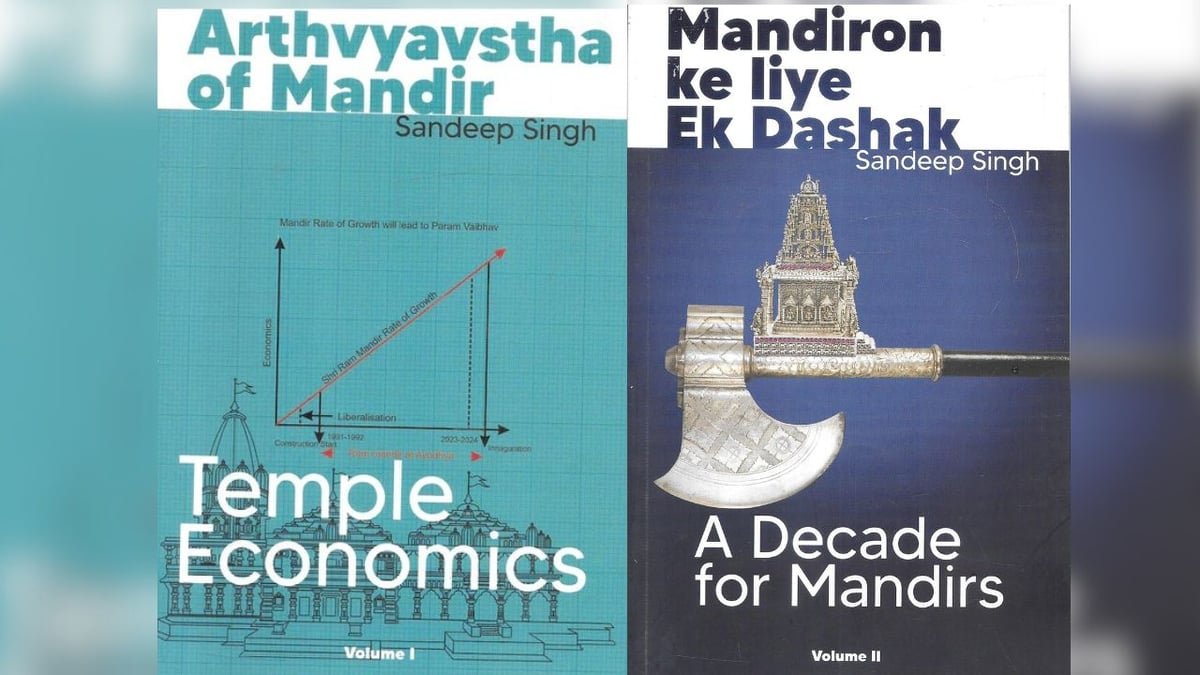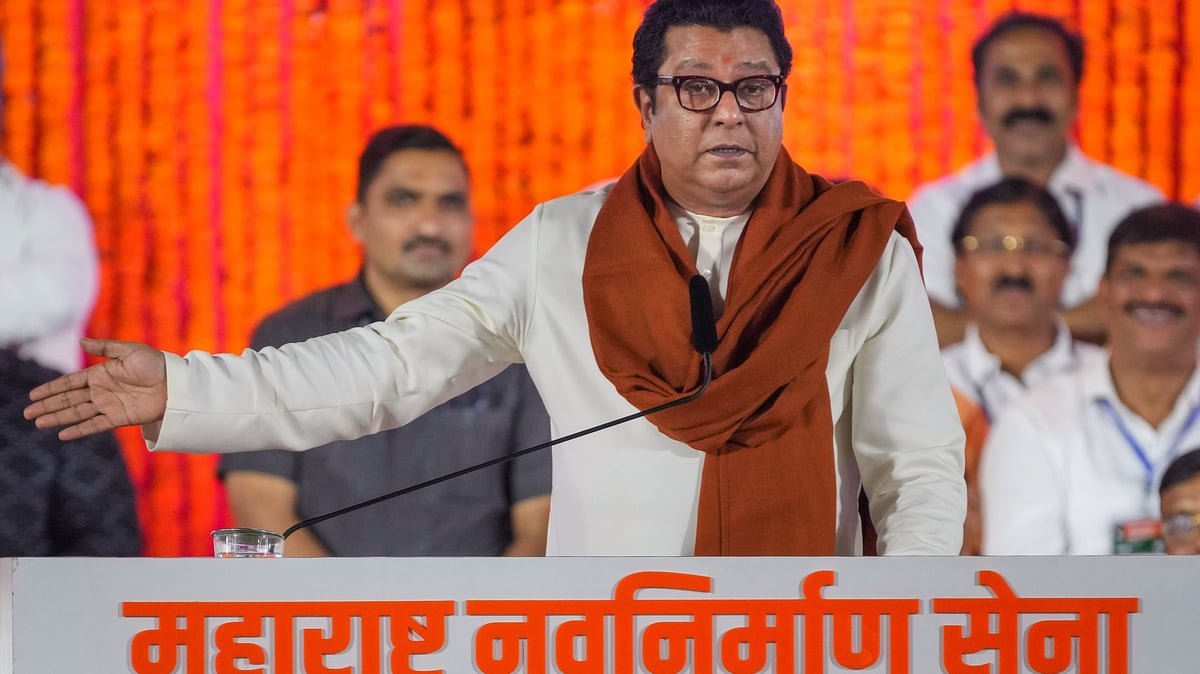Sandeep Singh, author of a series on Temple Economics, has presented a detailed study on how in the olden days Indian economy was largely controlled by temples and their trusts. He categorically mentions that the Bharat of yesteryears was rich because its resources and funds were most often controlled by priests and temples. He mentions that this, precisely, was the reason that whenever anybody raided Bharat, they first tried to destroy the temples before looting.
He says, “I am hopeful and optimistic that after reading this series, Hindus will understand the crucial role of temples in ensuring survival of Hindu/Bharatiya civilization and they will become active to support and protect temples.”
In the first of the series – Arthavyavstha of Mandirs – he explains how Dharma and Arthavyavstha (economics) are interrelated and interconnected. He, with examples, points out that Nehru clan was largely responsible for the deterioration of temples and its systems. Using examples of rich South Indian temples, their traditions and the clans that ruled those parts of Bharat, Singh points out that philanthropy was first introduced in the culture by rishi-munis and temples. He explains how rituals in temples enhanced the prosperity of the country.
In the second book of the series – A Decade for Mandirs – in analyses what has led to the anti-mandir frame of mind in Hindus. He mentions that literate Hindus are not educated about their Desh and Dharma. In this book he sites examples of varied plundered temples and the restoration attempts. He also talks about varied active temple trusts in this book.
The series promises to be interesting read for those who want to understand the politics of temples and their cultural background.
Books: Temple Economics (Vol I) & A Decade For Mandirs (Vol II)
Author: Sandeep Singh
Publisher: Sandeep Singh
Price: Rs 1500 (for both volumes)




